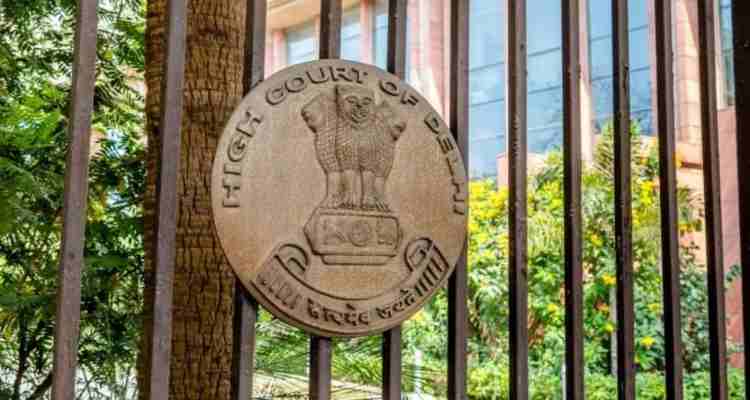
The Delhi High Court on Wednesday has dismissed a plea moved by Prasanta Karmakar, an Arjuna awardee and para-swimmer, who sought an immediate stay on his suspension by the Paralympic Committee of India.
In an order passed on November 20, 2023, the bench of Justice Subramonium Prasad stated that the facts of the current case indicate that there were complaints against the petitioner-Parsanta Karmakar, who was a coach, regarding the videos & photographs of female swimmers taken by him and his associate.
The court observed, “The petitioner behaved in a rude manner with persons who were there in the stadium. The petitioner has abused the chairman and the officials of PCI. The petitioner has also indulged in giving press interviews bringing down the interests of the Paralympic Committee of India.”
Therefore, the court said that the decision taken by the Disciplinary Committee of PCI can’t be said to be unfair or unreasonable warranting interference under Article 226 of the Constitution of India.
The court ordered, “Resultantly, the writ petition is dismissed.”
Prasanta Karmakar through a plea challenged his 3-year suspension pursuant to the disciplinary proceeding conducted against him. He also sought direction to allow him to take part in swimming-related activities with immediate effect.
The petitioner is an Arjuna Awardee and is a Commonwealth and Asian Games medalist swimmer. The Petitioner was also appointed as a swimming team coach for the 2016 Rio Paralympic Games.
The plea stated, Paralympic Committee of India which is the body interested in the activities of organizing State and National level sports meet for the disabled.
According to the lawyer representing Prasanta, the punishment of 3 years of suspension is completely disproportionate. The lawyer further stated that the petitioner is an Arjuna Awardee and has brought accolades to the country.
Furthermore, the lawyer said that the petitioner was a coach and a participant in the event and didn’t commit any misconduct that would bring disrepute to the sport.
The lawyer further submitted that recordings of videos of swimmers is not prohibited in rules and regulations nor is it prescribed in the Code of Conduct.
The lawyer stated that the videos were made by the petitioner only for the purpose of training his students in order to enhance their performance and efficiency and, therefore, the same can’t amount to misconduct.
Therefore, the council argued that the practice of making such videos in competitions is accepted worldwide and it is an accepted norm to watch videos of competitors and the inquiry was conducted in a biased manner and that the petitioner has not been afforded the appropriate opportunity to defend himself and also the material on which the disciplinary committee relied on has not been supplied to the petitioner.
While passing the order, the Delhi high court stated that it is well settled that when a statute, law, or bye-law gives discretion to an administration to take a decision, the scope of judicial review remains limited and it is not permissible unless the decision is contrary to law or has been taken without considering the relevant factors or where irrelevant factors have been considered or the decision is one which a prudent man would not have arrived at.
The Writ Courts while exercising jurisdiction under Article 226 of the Constitution of India should loathe to interfere with the decision taken by the Authority.




